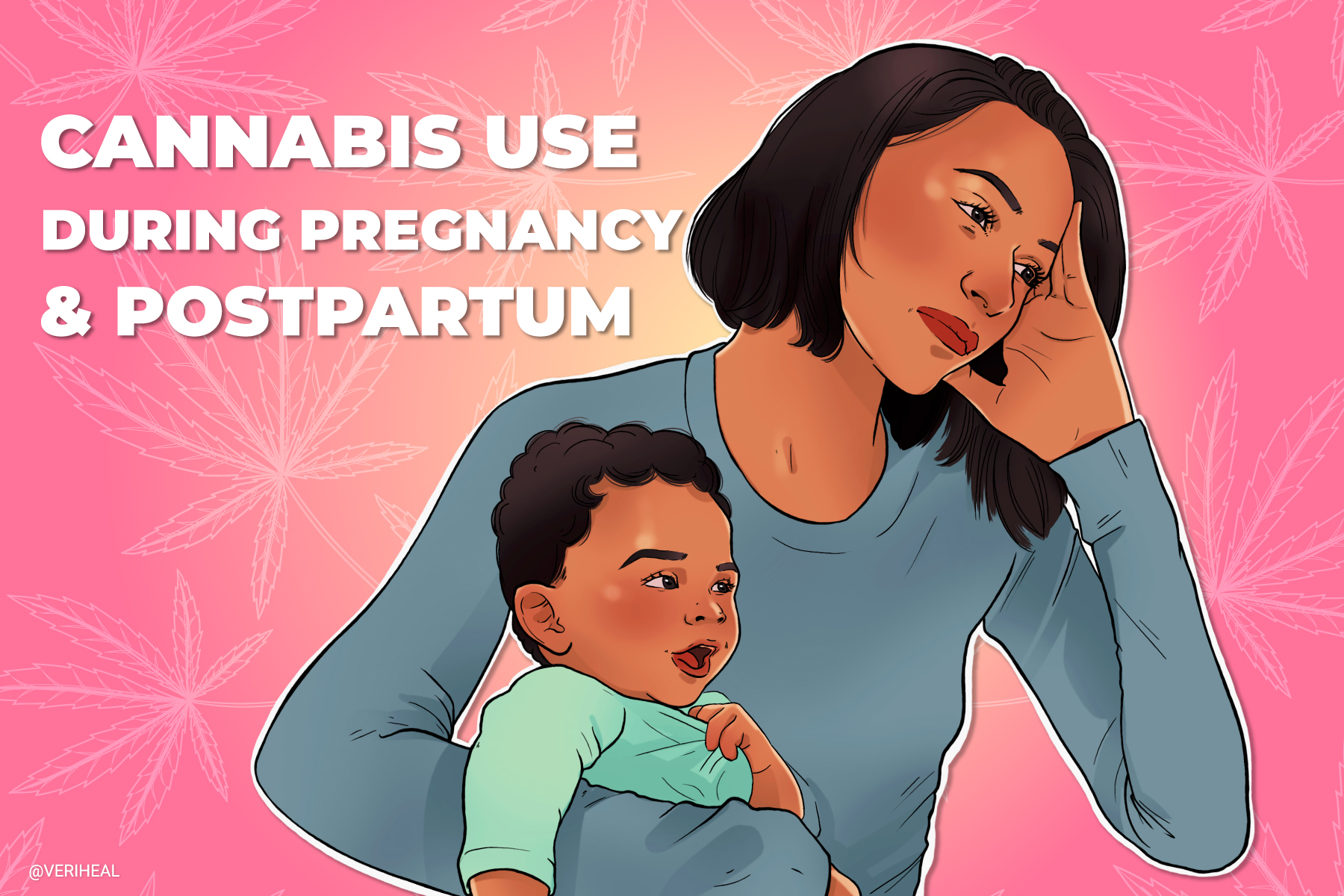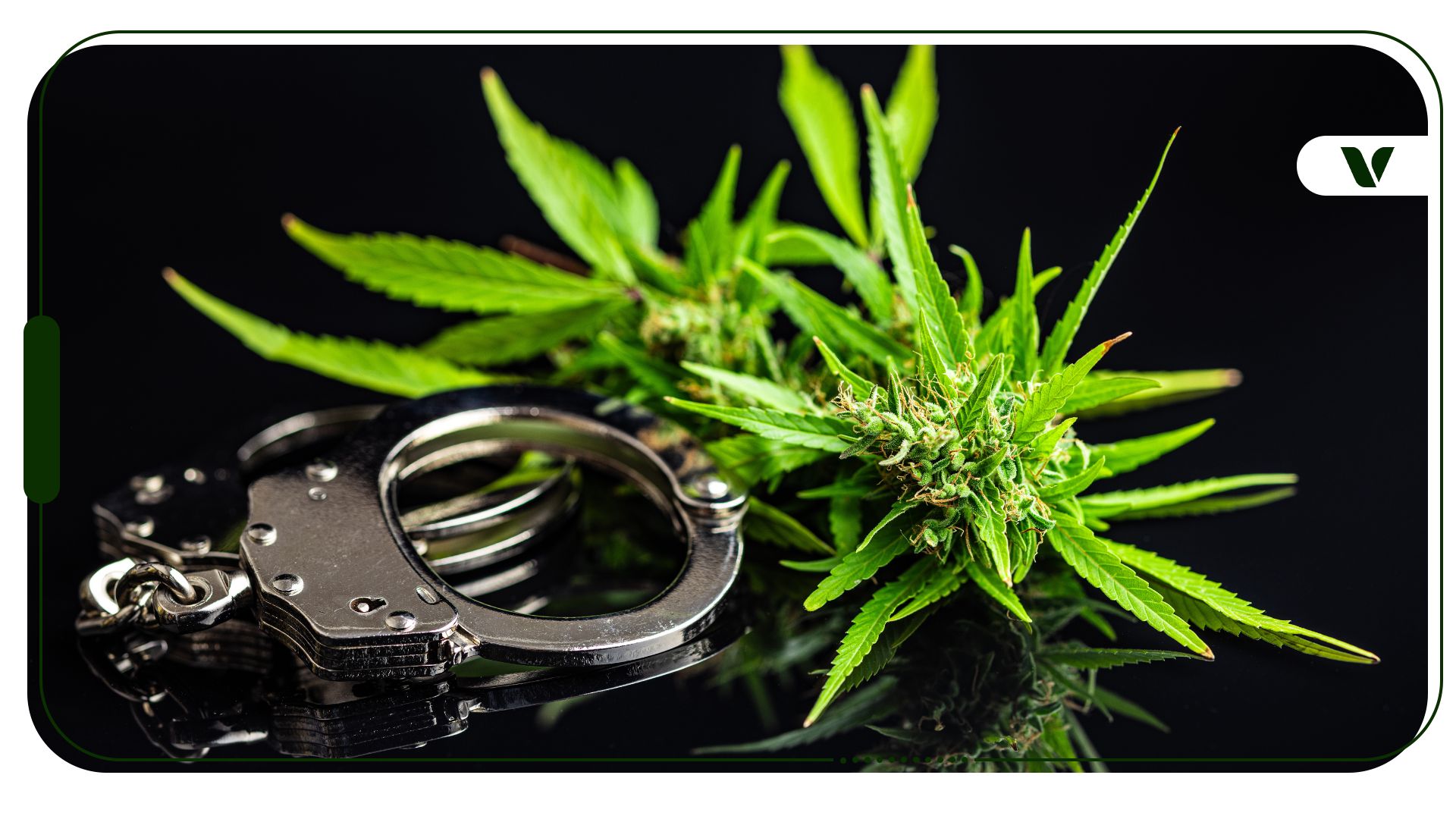With the increase in cannabis consumption and destigmatization, many women who want to, or are, consuming cannabis are wondering about the effects on pregnancy and post-partum. Fortunately, funds and facilities at Wright Center for Clinical and Translational Research made it possible for VCU researchers to study the effects of cannabis in those capacities. Understanding the effects of cannabis on pregnancy and postpartum mothers is important, especially when you consider that a survey found more women are consuming cannabis than ever before.
VCU (Virginia Commonwealth University) is a nationally ranked research university that is known for its incredibly competitive medical and arts programs. It even has its own news platform. Here readers can find research and discovery which involves VCU stakeholders (including students), as well as student success, health & medicine, arts & culture, and campus & community articles.
VCU is not only reporting on the latest news, trends, and accomplishments but is also getting involved in ways that matter. This includes research to better identify and treat Multiple Sclerosis, being dubbed the best medical center in the Richmond metro area, and now conducting vital research for the cannabis community.
Exploring the Effects of Cannabis Use During Pregnancy and Postpartum
VCU News begins reporting on the university’s study by explaining that, according to an NIH study, the rate of cannabis consumption during pregnancy has almost doubled between 2002 and 2017. This only supports the need for research into cannabis use during pregnancy and postpartum timeframe.
An associate professor at VCU School of Nursing, Nancy Jallo, explained that “there’s this popular belief that cannabis is relatively safe”, which it is when consumed responsibly, but that “it does contain lost of different substances, one of which, THC, is rapidly distributed in the brain and has been found to disrupt neural connections” which could have an effect on maternal attachment and breastfeeding. The research of VCU hopes to determine whether this is or isn’t the case.
VCU News reports that they hope the team’s research “will lead to treatments and educational output for patients and health care providers, providing a critical need in a field with more questions than answers”. Thanks to VCU’s C.Kenneth and Dianne Wright Center for Clinical and Translational Research, the team is able to try and shed some light on any potential side-effects, risks, or even potential benefits to breastfeeding and postpartum mothers.
Dace Svikis, Ph.D., told VCU of a worrying observation her colleague had made. Svikis told VCU that “she was concerned because she was seeing marijuana- using women coming to her clinic saying things like, ‘I feel nothing for this baby’”. If you think this can’t possibly be associated with cannabis consumption, you are mostly correct. Svikis went on to explain that “these were not casual marijuana users. But her anecdotes were relative to consequences she was seeing in heroin-and cocaine-using mothers”- which makes more sense.
However, anecdotes were all they had, and when you add that to the fact that cannabis is still in the process of being understood, the importance of gaining a better understanding increases. Svikis stated that “we have no data. We don’t know what to tell people ” and that “different hospital systems are doing different things” when talking about women consuming cannabis while pregnant as well as postpartum while breastfeeding. Simply put, they are unable to provide guidance for breastfeeding while using cannabis, for example.
Why You Should Get Your Medical Marijuana Card
Veriheal has satisfied millions of patients nationwide by giving them access to these benefits
- Larger purchase limits
- Peace of mind
- Enhanced legal protection
- Access to higher potency strains
- Save up to 25% on cannabis purchases
- Skip the line at the dispensary
VCS News made use of a 2018 study in order to demonstrate the importance of filling in gaps in knowledge, especially in light of increasing legalization and decriminalization. The Obstetrics & Gynecology study they used found that 7 out of 10 cannabis dispensaries in Colorado were recommending cannabis to pregnant women with morning sickness.
The Research Itself
Svikis was awarded pilot funding from the Wright Center for her study which focuses on women after they have delivered. During this time the maternal-infant bonding is important which includes breastfeeding. These new mothers are surveyed “while they are still in the hospital”, which includes inquiries into “cannabis use, mood and more”. The research team will also collect samples for study including urine and breastmilk, in order to measure cannabis levels.
VCU News explains that a vital part of this study is a new test, which was developed by Dr. Carl Wolf, in order to measure the cannabis levels in breast milk. The team believes that the study is feasible in the sense that it would give an indication of “how realistic it is to plan for a larger-scale version”. Unfortunately, the challenge of finding willing women to participate is prevalent.
Additionally, Svikis explains that since modern-day cannabis is so much more potent than that of the 60s, it will be challenging to determine the right dosages. Meanwhile, researchers Jallo and Brown also received funding from the Wright Center but for a separate study. They hope to better understand the differences in neural connectivity between two groups of mothers, those who use cannabis and those who don’t.
Jallo stated that there could be “some really interesting implications for health” and that if they found “that there are changes in the brain, then that would help inform evidence-based guidelines for cannabis use in pregnant and postpartum women”. This can include the design and implementation of treatments and interventions to “enhance maternal-infant outcomes in cannabis-using postpartum women”.
Just like the test to measure cannabis levels in breastmilk is imperative to Svikis’s study, Jallo and Brown’s study significantly depends on the access they have to the CARI facility. There they are able to access all the technology they need to conduct their research, including an MRI scan. The scan will allow the team to gain insight into the brain and its functioning.
Svikis, Jallo, and Brown provide relevant and multidisciplinary perspectives, to which Svikis stated that “I really came to appreciate, with the complicated issues these women, their children and their significant others face, and with everything going on in their lives, that the importance of having the obstetrical team’s perspective, the pediatrician’s perspective and the social worker’s perspective grows”.
While we patiently await the results of these important and necessary studies, other studies show that cannabis may help relieve morning sickness, especially hyperemesis gravidarum. However, it is important that you try to refrain from cannabis use, especially products with potent amounts of THC until researchers are able to provide insight into its effects.
Author, Share & Comments








